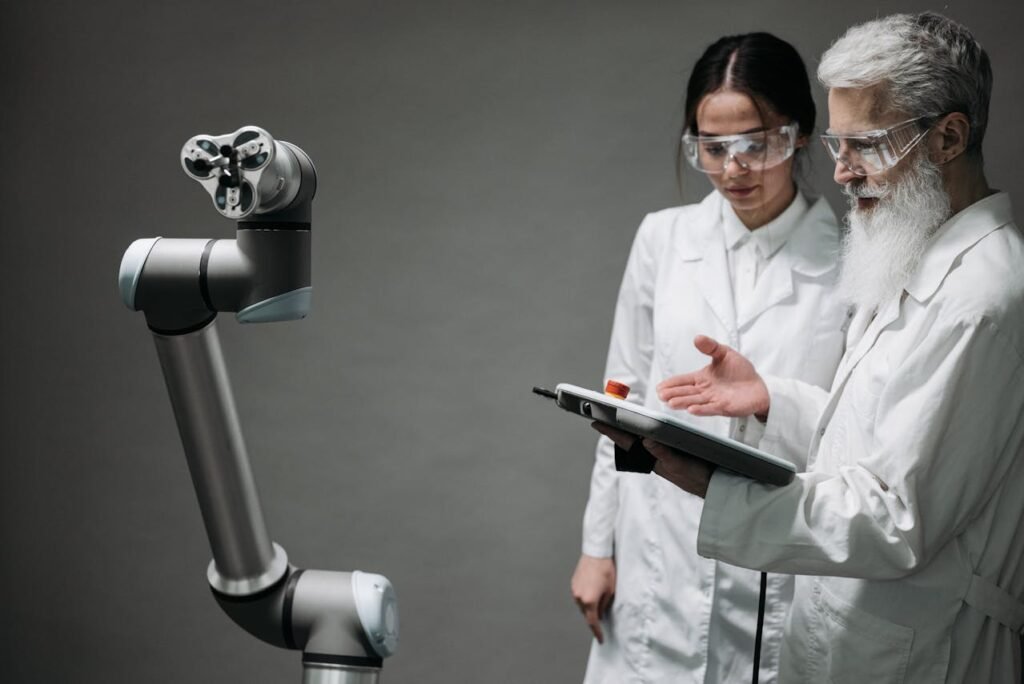Artificial Intelligence (AI) is revolutionizing the healthcare industry, promising to reshape how medical professionals diagnose illnesses, personalize treatments, and manage patient data. This article dives deep into the realm of AI Healthcare Development, examining its profound implications and future prospects.
The Role of AI in Healthcare
AI’s integration into healthcare systems has catalyzed innovations across various domains. From streamlining administrative tasks to enhancing clinical decision-making, AI empowers healthcare providers to deliver more efficient and accurate care.
Applications of AI in Healthcare
In practice, AI manifests in diverse applications such as medical imaging interpretation, predictive analytics for disease prevention, and virtual health assistants. These technologies not only augment human capabilities but also enable more precise diagnostics and treatment planning.
Benefits of AI in Healthcare
The benefits of AI in healthcare are manifold. It improves diagnostic accuracy, reduces medical errors, and enhances patient outcomes through personalized treatment strategies. Additionally, AI-driven insights enable proactive healthcare management, potentially lowering overall healthcare costs.
Challenges and Risks
Despite its promise, integrating AI into healthcare poses challenges. Issues such as data privacy, algorithm bias, and regulatory compliance must be carefully addressed to ensure ethical and equitable use of AI technologies.
Ethical Considerations
Ethical dilemmas surrounding AI in healthcare, including patient consent for data usage and the potential for technology-driven disparities in care, necessitate robust ethical frameworks and continuous dialogue within the medical community.
AI in Medical Imaging
AI’s application in medical imaging transforms diagnostic capabilities by accelerating image analysis, improving accuracy in identifying anomalies, and facilitating earlier disease detection.
AI in Drug Discovery
In pharmaceuticals, AI expedites drug discovery processes by analyzing vast datasets, predicting molecular interactions, and optimizing clinical trials, thereby accelerating the development of novel therapies.
AI in Patient Care
Enhancing patient care, AI supports remote monitoring, personalized treatment plans, and real-time health interventions, fostering a patient-centric approach to healthcare delivery.
Future Trends and Innovations
Looking ahead, advancements in AI are poised to revolutionize healthcare further. Anticipated innovations include AI-powered robotic surgeries, blockchain-enabled health records, and augmented reality applications in medical education.
Regulatory Framework and Standards
Navigating the regulatory landscape, healthcare providers and technology developers must adhere to stringent guidelines to ensure AI systems are safe, secure, and ethically sound in clinical settings.
Conclusion
AI Healthcare Development represents a pivotal shift in healthcare delivery, promising unprecedented advancements in diagnostics, treatment, and patient care. As technology continues to evolve, embracing AI responsibly and ethically will be crucial in harnessing its full potential to improve global health outcomes.

